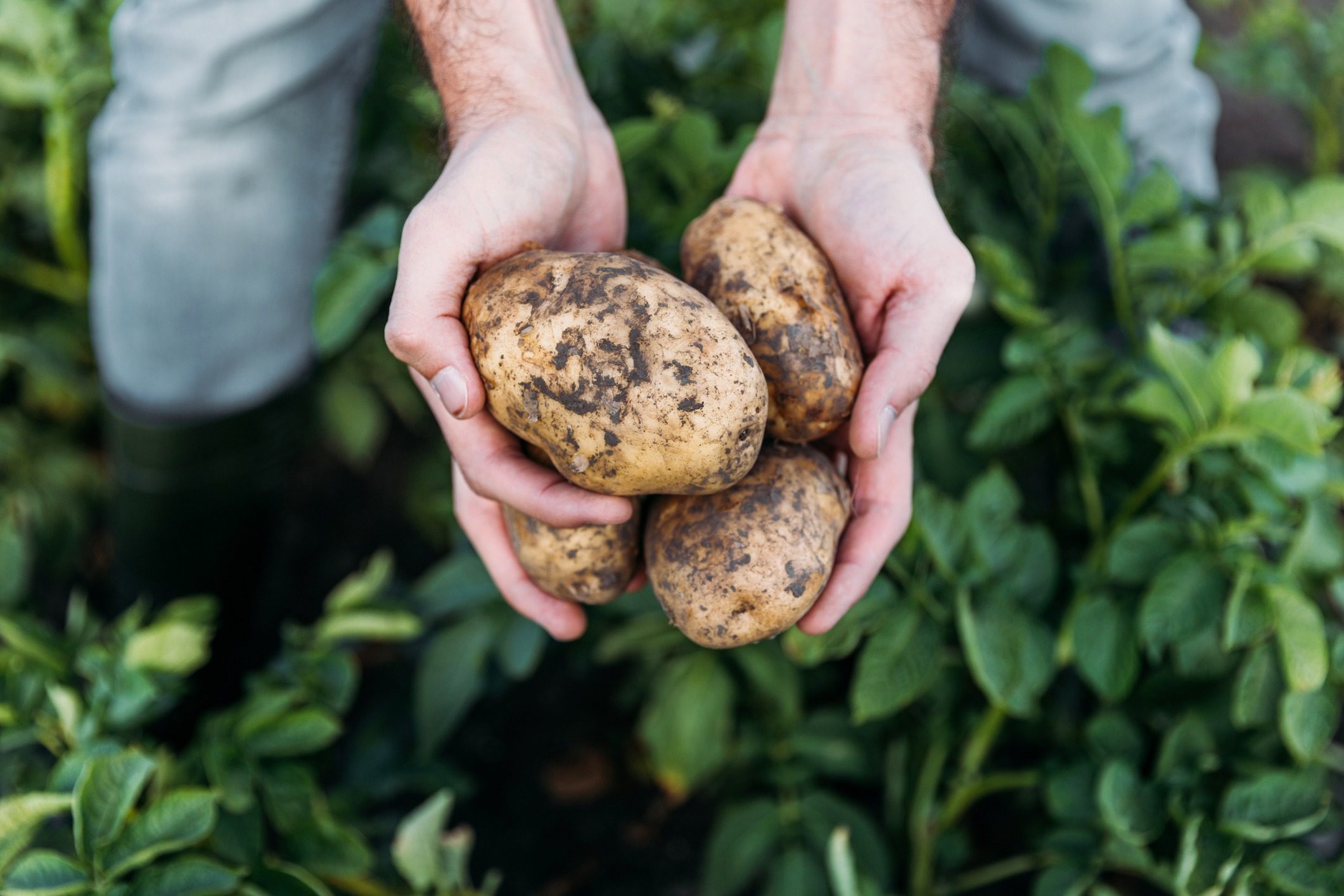
The everyday potato has anything but an everyday past, notching up thousands of miles – and dozens of names – in a voyage that has taken it around the world. In this post, uTalk’s Language Guru, Brian Loo Soon Hua, charts the potato’s epic journey.
Starting out in Southern Peru and Northern Bolivia, where potatoes have been cultivated for thousands of years, these versatile tubers gradually spread across South America and became the staple crop of the Incan Empire, where they were known as papas.
But, despite being a staple of modern meals, they were met with suspicion when they first arrived in Europe in the 16thcentury. Some people even called them “Devil’s Apples” because they were strange-looking, grew underground (no part of the potato growing above ground was edible) and belonged to the same family as the deadly nightshade.
Gradually however, their usefulness overcame people’s reservations and potato crops were slowly adopted by farmers all over Europe, eventually spreading all over the world, reaching India, Southeast Asia and even China within a couple of centuries.
Like all foreign imports, the potato has experienced its fair share of linguistic confusion. The first potatoes that were encountered by Europeans were sweet potatoes. In fact, the word “potato” derived from the Taino (an extinct language once spoken in the Caribbean) word batata meaning “sweet potato”! Batataquickly evolved into “potato”. Later, English-speakers were introduced to the potato proper, known as papas in Quechua, by Spaniards importing exotic foods from Peru. By that time, the English were already familiar with the sweet potato (known simply as “potatoes”) so they called this white, non-sweet variety “Virginia potatoes”.
Since the weather in Britain and Ireland was more suited to growing the white, non-sweet variety, the “Virginia” part was soon dropped, leaving us with the plain old “potato”. In Spanish-speaking countries on the other hand, both the words patatas and papas remain in use: Most Spaniards refer to potatoes as patatas while in Latin America, the Canary Islands and parts of Andalusia, they’re called by their original name, papas. Some say that this was because papa sounded too much like the word for “pope” in Spanish, which is also papa,and out of not wanting to call the pope a “potato”, patatas became the general word in Spain instead. Likewise, batatais the Portuguese word for “potato”.
The French have a slightly more creative name; they call it pomme de terreor “Earth apple”, as do the Dutch, who say aardappel together with the Italians and their pomo di terra (although patata is quite common as well in Italy). In Southern Germany, Switzerland and Austria, one will hear its German version: Erdapfel, while in other German-speaking regions, stranger names like “Earth pear” Erdbirneand “ground pear” Grundbirneare also frequent. The Northern German Kartoffel on the other hand is a bit unusual; it comes from the Italian tartufuloor “little truffle” but why Germans would borrow this Italian word to describe something that only bears the slightest the slightest resemblance to a truffle is a bit of a mystery.
Hot on the trail of this little globe-trotting tuber with more aliases than a KGB spy, we can see that its many European names are mostly variations of either “Earth – something” or “Kartoffel” or batata/ patata. For example, the South German “ground pear’ or Grundbirne became the krompir / кромпирof Serbo-Croatian-Bosnian-Montenegrin. The Russian картофель (kartofel’) and Bulgarian картоф (kartof) are derived from German, as are the Danish kartoffel and Icelandic kartafla. While the Polish ziemniak comes from ziemia, the word for “earth”. For Czechs and Slovaks, the potato is such an important part of their culture that they have over 30 names for it! Travel around the Czech Republic and Slovakia and you’ll hear names as diverse as brambor, zemiak, švabka, grumbir,repa, bobal, erteple, zemčák, budka, kartofel and so on!
The Greeks have their πατάτα (patáta), the Albanians have their patateand the Turks, their patates. Norwegians and Swedes call their spuds potetandpotatis. The Welsh love tatws (often as “five-minute-potatoes” or tatws pum munud) and Scottish people enjoy their buntàta (in Scottish Gaelic) or tatties (in Scots),while an Irish meal is never complete without at least one dish made with good old prátaí.
The Finns say peruna (borrowed from Swedish päron, meaning “pear” – the name was probably derived from something like “earth pear” mentioned above). And most interesting of all, Greenlanders call the potato naatsiaat – “something for which one waits a long time to grow”!
Turns out, the versatile potato is both a globe-trotter and a master of re-invention!
Did you know?
The French Canadians have an expression called “Lâche pas la patate” which means “don’t give up” but literally translates as “Don’t let go of the potato”!